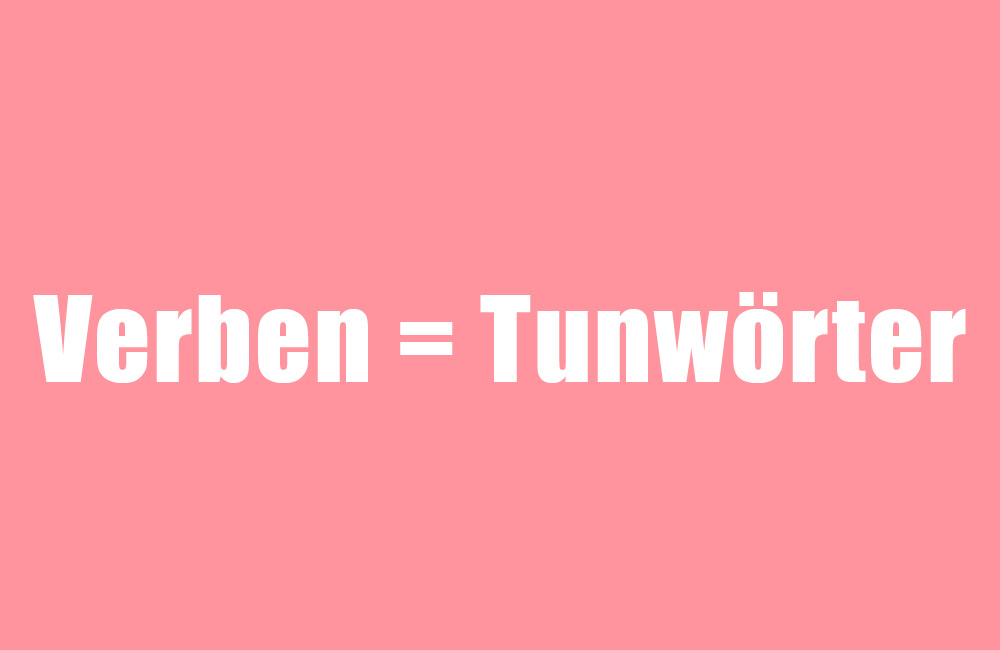In the past: mainly nouns like “Web design” or “SEO” were considered the main keywords. Today we know that verbs such as “create,” “find,” or “optimize” are equally important, because they reflect the user intent and cover long-tail search queries.
1. Nouns: Focus on the Topic
Nouns represent the core topic of your content. They show search engines what your page is about. Examples: “Landing page”, “Backlinks”, “Content Marketing”. A clear keyword focus with nouns ensures that Google categorizes your page correctly. But nouns alone are no longer enough – they only provide the framework, not the action.
2. Verbs: Understanding User Intent
Verbs reflect the action or intention of the user. Search engines analyze what people want to do, not just what topic they are searching for. Examples: “create,” “find,” “improve.” Using these verbs strategically aligns with user intent and increases relevance. This creates content that makes sense for both humans and algorithms.
3. Long-Tail Keywords and Natural Language
Verbs help form long-tail keywords that have less competition and are often very specific. Examples: “how to create a landing page” or “SEO optimization for beginners.” These search queries clearly show user intent. Texts with natural verbs read more fluidly, authentically, and user-friendly – which Google rewards.
4. Modern SEO Considers Context
Google and other search engines rely on semantic analysis. LSI keywords (“Latent Semantic Indexing”) recognize synonyms, verbs, and related terms. Content that combines nouns and verbs is considered highly relevant. SEO is no longer just about keyword stuffing – it’s about context, meaning, and readability.
5. Practical Tips
- Combine nouns and verbs to cover both the main topic and user intent.
- Use verbs in headings, meta tags, and body text.
- Formulate long-tail keywords naturally and reader-friendly.
- Use synonyms and related terms to create semantic depth.
Conclusion
Verbs are just as important as nouns: They show what users want to do, increase relevance for long-tail queries, and improve content readability. The combination of nouns, verbs, and semantically related terms ensures better rankings, more traffic, and stronger user engagement. Understanding your audience’s language speaks not only to Google but especially to people.
Image: self-created

